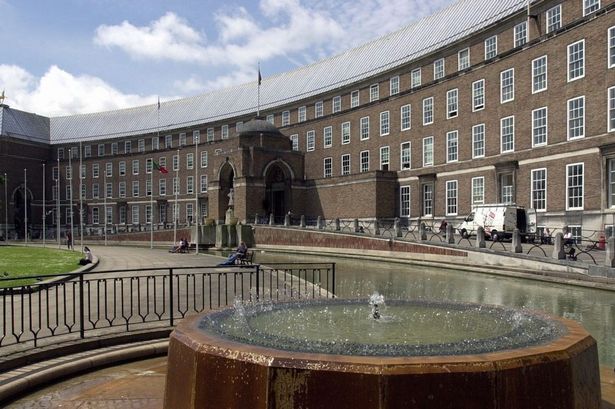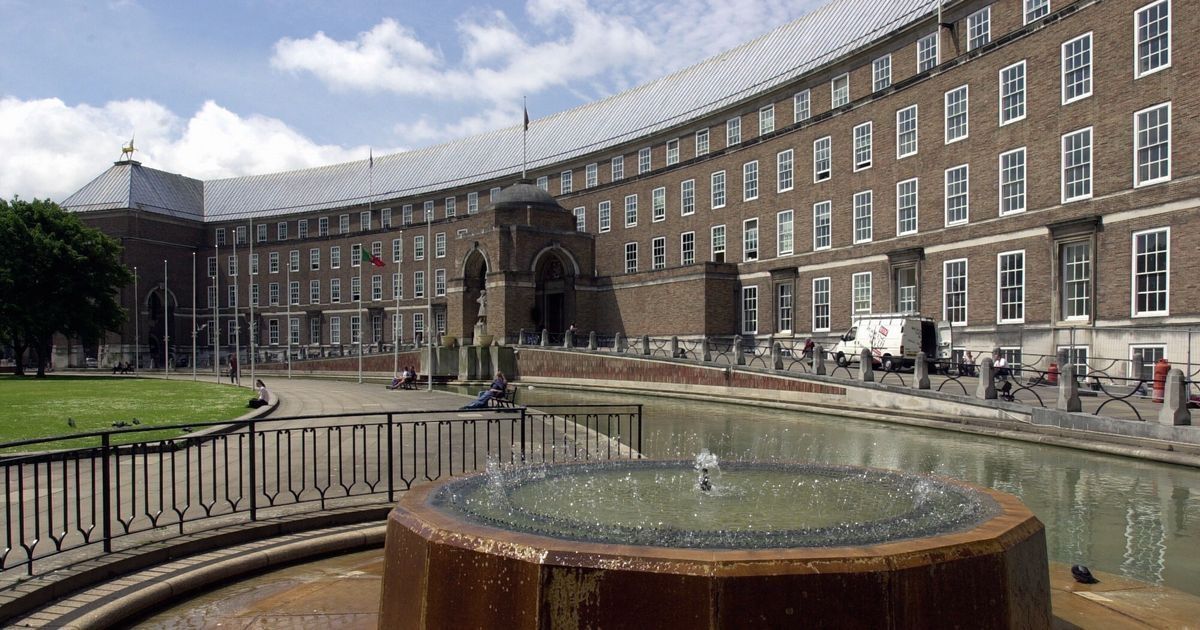Councillors said the new committee model at City Hall was supposed to be more transparent The council is hoping to raise millions from the sales(Image: Bristol Live)
The council is hoping to raise millions from the sales(Image: Bristol Live)
Publicly owned buildings in Bristol are being sold off in secret with no or few details published despite promises to consult local communities first. When Bristol City Council switched to a committee model, area committees were meant to give neighbourhoods greater say and powers.
But so far, none of the nine area committees have been asked about plans to sell buildings or land owned by the council. It’s unclear how many buildings have been sold and how much they were sold for, although details of some buildings have been published, like a community hall.
The reason these details are often not made available to the public is because they are “commercially sensitive”. An update on how the new area committees are working so far was given to the committee model review group on Thursday, May 29.
Labour Councillor Kye Dudd said: “I’m really worried that the council is at massive risk of [judicial review] for not following its own procedures and constitution. I’ve had issues in my own ward about the sale of buildings. I see them as community assets.
“The property team hasn’t followed this process. Area committees should be consulted on any proposal to dispose of local authority land, community buildings or community asset transfers. And that’s not happened at all so far, since this has been part of the council’s constitution.
“If that’s happening in my ward, that’s happening right across the city. The council is exposed to massive legal risk by not following this to the letter. Not everybody is happy when the council sells a building.”
Sign up to receive daily news updates and breaking news alerts straight to your inbox for free here.
But the rules don’t apply to every building, according to Green Cllr Heather Mack, deputy council leader. Some buildings sold off might be redundant offices that are no longer used, for example. And plans to sell buildings are sent to local ward councillors four weeks before a sale. However, all sorts of buildings can be repurposed, potentially benefiting local communities.
Green Cllr Guy Poultney, who chairs the review group, said: “The intention with this wording was to give it the broadest possible meaning. We wanted to give this as broad a scope as humanly possible to ensure that ward councillors would be consulted before any land or building was disposed of, as to whether it might be useful to the community before it was put on the market.
“The test to my mind is not ‘is what there currently potentially of use’, but ‘could it be’. And that to me is quite important, what could this land be used for, if it were not disposed of? The council shouldn’t be disposing of land for which it has a use, and there may be uses of which the council be made aware by an area committee.”
Details of the sales have been kept secret because they are classed as “commercially sensitive”. This means that publishing details, such as how much the council hopes to make from a sale, could influence potential buyers, who could then lower their bids, for example.
Other council departments are told of potential sales before they happen, in case another use can be found. An example is creating new care homes or children’s homes. But this only takes four weeks, whereas waiting for a twice-a-year area committee would take months.
On the other hand, switching to a committee model was supposed to make the council more transparent. As well as selling buildings, there have been similar concerns recently over secrecy, with plans to automatically delete emails sent by council staff sparking criticism.
Cllr Poultney added: “The people of Bristol voted for a change. They voted for a substantial change in the way the city is governed: more transparent, more responsive, and a council that listens and takes notice of what people need and want.
“If things don’t change, the people will vote to change them again. The people having voted for it, have a right to it. I think people are getting angrier and angrier — certainly my experience canvassing during the WECA election reflects a degree of public anger with public institutions.”
This issue has cropped up a few times over the last year, with Cllr Mack previously denying a “fire sale” of publicly owned buildings to balance the books. The millions raised from the sales are used to invest into long term upgrades to services, rather than go on day-to-day spending.
Details of some buildings have been published, such as a community hall that used to be home to a popular boxing gym, a rehab care centre, and a building which was planned to become flats for homeless people. The council sells buildings when they are considered no longer needed.
Click here to join our WhatsApp groupPrivacy Notice
